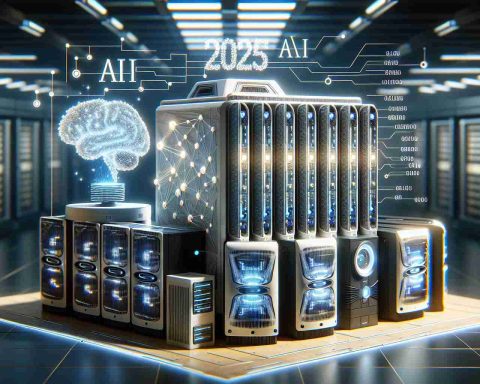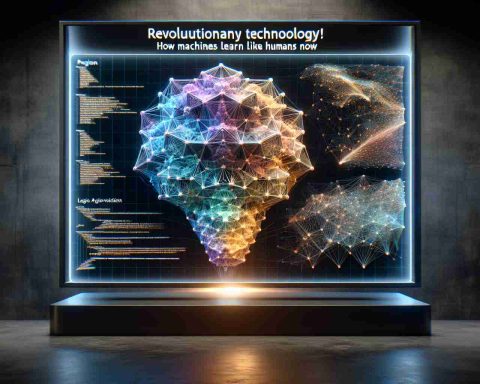The education sector is experiencing a paradigm shift with the integration of artificial intelligence (AI) tools, sparking concern among some individuals who may not have had access to such powerful resources during their own academic journeys. Questions arise regarding the potential devaluation of degrees earned by students who utilize AI to expedite certain tasks. However, as technology continues to evolve, it is essential to adapt and leverage these innovations to enhance the learning process.
In a candid discussion with RuNews24.ru, State Duma Deputy Svetlana Bessarab expressed her belief that the value of diplomas will not diminish as a result of AI utilization. She emphasized the importance of utilizing all available communication tools to improve educational efficiency. Reflecting on her experience of manually crafting her first diploma and using a computer for the second, Bessarab highlighted the challenges and benefits of incorporating technology into academic endeavors.
It is crucial to strike a balance between leveraging AI tools for data collection and analysis without compromising the integrity of the educational process. Sergey Roshchin, Vice Rector at the Higher School of Economics (HSE), underscored the importance of engaging with generative models in education, emphasizing the need to actively embrace technological advancements to enhance learning outcomes. As educational institutions navigate the evolving landscape of AI integration, the focus remains on empowering students and educators through innovative and efficient practices.
The Evolution of Education Technology: Navigating AI Integration for Enhanced Learning
As the realm of education embraces artificial intelligence (AI) tools to revolutionize learning experiences, several important questions and considerations emerge to shape the future of academia.
Key Questions:
1. How can AI be effectively integrated into educational systems to enhance learning outcomes?
2. What impact does AI integration have on the value of traditional academic degrees?
3. What role do educators play in leveraging AI tools for improved teaching methodologies?
Answers and Insights:
1. AI can streamline administrative tasks, provide personalized learning experiences, and offer data-driven insights to enhance teaching strategies and student progress.
2. While some may fear that AI could devalue academic degrees, proponents argue that AI adoption can actually elevate the quality and efficiency of education by enabling more focused and impactful learning experiences.
3. Educators are pivotal in leveraging AI technologies responsibly by guiding students on ethical AI usage, integrating AI tools into teaching practices, and continuously adapting their methods to optimize learning outcomes.
Challenges and Controversies:
1. Privacy Concerns: The collection of student data for AI analytics raises concerns about data privacy and security.
2. Technological Equity: Access to AI tools may create disparities among students based on economic or regional factors.
3. Ethical Dilemmas: The use of AI in grading, personalization, and decision-making processes poses ethical challenges that need to be addressed.
Advantages:
1. Personalized Learning: AI can tailor educational content to individual student needs and learning styles.
2. Efficiency: Automation of administrative tasks frees up time for educators to focus on teaching and mentoring.
3. Data-Driven Insights: AI analytics provide valuable data to track student progress and optimize teaching methods.
Disadvantages:
1. Lack of Human Interaction: Over-reliance on AI may reduce interpersonal connections between students and educators.
2. Dependence on Technology: Technical failures or glitches could disrupt the learning process.
3. Skills Gap: The need for educators to adapt to AI tools may require additional training and professional development.
As the education sector navigates the evolving landscape of AI integration, finding the balance between leveraging technology for innovation while preserving the core values of education remains crucial. By addressing key challenges, embracing ethical practices, and empowering educators and students with AI-driven tools, the future of learning stands to be transformed for the better.
For more insights on the intersection of education and technology, visit U.S. Department of Education.


















